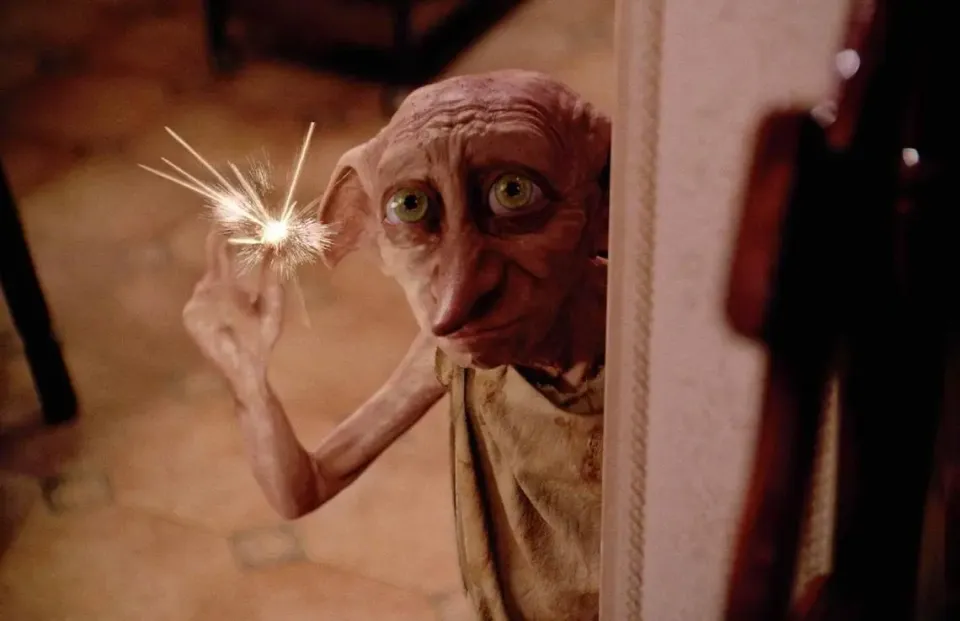Dobby in Harry Potter

In the pantheon of magical creatures within the Harry Potter universe, few have captured the hearts of fans quite like Dobby, the house-elf. Initially introduced in "Harry Potter and the Chamber of Secrets," J.K. Rowling's second book of the celebrated series, Dobby emerged as a pivotal character whose actions reverberated throughout the series.
Dobby's life, marred by servitude and the cruel treatment from the Malfoy family, is a stark reminder of the injustices that pervade the wizarding world. Despite his diminutive stature and the oppressive circumstances he was born into, Dobby exhibited a remarkable strength of character and an unwavering sense of integrity. He first appeared as a harbinger, warning Harry Potter of the dangers that would unfold at Hogwarts School of Witchcraft and Wizardry.
What makes Dobby's character so endearing is his unselfish nature and his willingness to endure suffering for the greater good. His eyes, described as large, green, and tennis ball-like, often brimmed with tears, not of self-pity but of empathy and concern for others, especially Harry Potter, whom he revered. Dobby's speech, characterized by a unique manner of referring to himself in the third person, further endeared him to readers and viewers alike.
Dobby's journey from a life of subjugation to one of freedom is a testament to his resilience. His friendship with Harry played a crucial role in his emancipation. In a poignant display of selflessness, Harry tricked Lucius Malfoy into freeing Dobby, leading to one of the most jubilant cries in the series: "Dobby is a free elf!" This moment was a turning point for Dobby, who would go on to live a life of his own choosing.
Free from the constraints of servitude, Dobby's character flourished. He found employment at Hogwarts where he relished his freedom and was compensated for his work — a revolutionary concept for a house-elf at the time. His dedication to Harry and his friends remained steadfast. Dobby was always there to offer his assistance, whether it was providing Harry with gillyweed for the Triwizard Tournament or rescuing the group from the clutches of Death Eaters at Malfoy Manor.
In the end, Dobby's bravery knew no bounds. He died a hero's death, having saved Harry and his friends from certain doom. His last words, "Such a beautiful place, to be with friends. Dobby is happy to be with his friend, Harry Potter," encapsulate his journey and the depth of his loyalty and love.
Dobby's legacy is that of a beacon of hope and freedom. He represents the possibility of change in a society riddled with outdated hierarchies and prejudices. His character serves as a reminder of the power of kindness, the importance of standing up for what is right, and the indomitable spirit that can reside in the most unlikely of heroes.
In honoring Dobby, we celebrate the idea that no act of kindness, however small, is ever wasted. His life, though fictional, continues to inspire courage and the belief that everyone, no matter how small or oppressed, has the potential to make a significant impact. Dobby may have been a free elf, but to many, he remains an everlasting symbol of freedom and the triumph of the spirit.